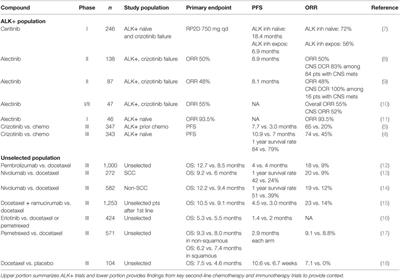EDITORIAL
Published on 22 May 2017
Editorial: Second Line Treatment of Non-Small Cell Lung Cancer: Clinical, Pathological and Molecular Aspects of Novel Promising Drugs
doi 10.3389/fmed.2017.00063
- 1,655 views
14k
Total downloads
68k
Total views and downloads
You will be redirected to our submission process.
EDITORIAL
Published on 22 May 2017
REVIEW
Published on 05 Apr 2017

REVIEW
Published on 28 Feb 2017
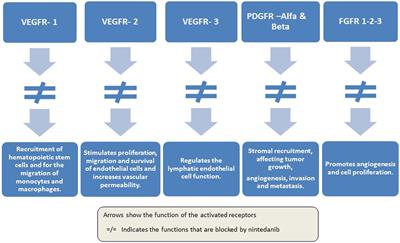
MINI REVIEW
Published on 13 Feb 2017
REVIEW
Published on 23 Jan 2017

REVIEW
Published on 18 Jan 2017
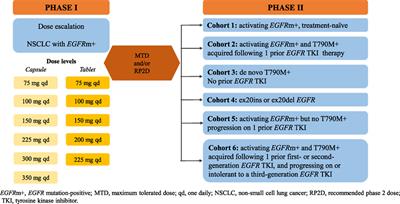
MINI REVIEW
Published on 23 Dec 2016
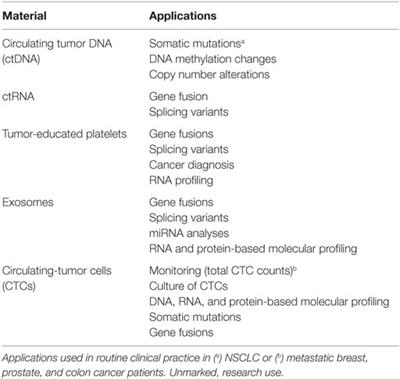
REVIEW
Published on 19 Dec 2016
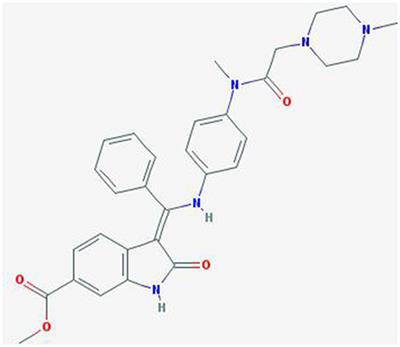
REVIEW
Published on 13 Dec 2016

MINI REVIEW
Published on 30 Nov 2016
